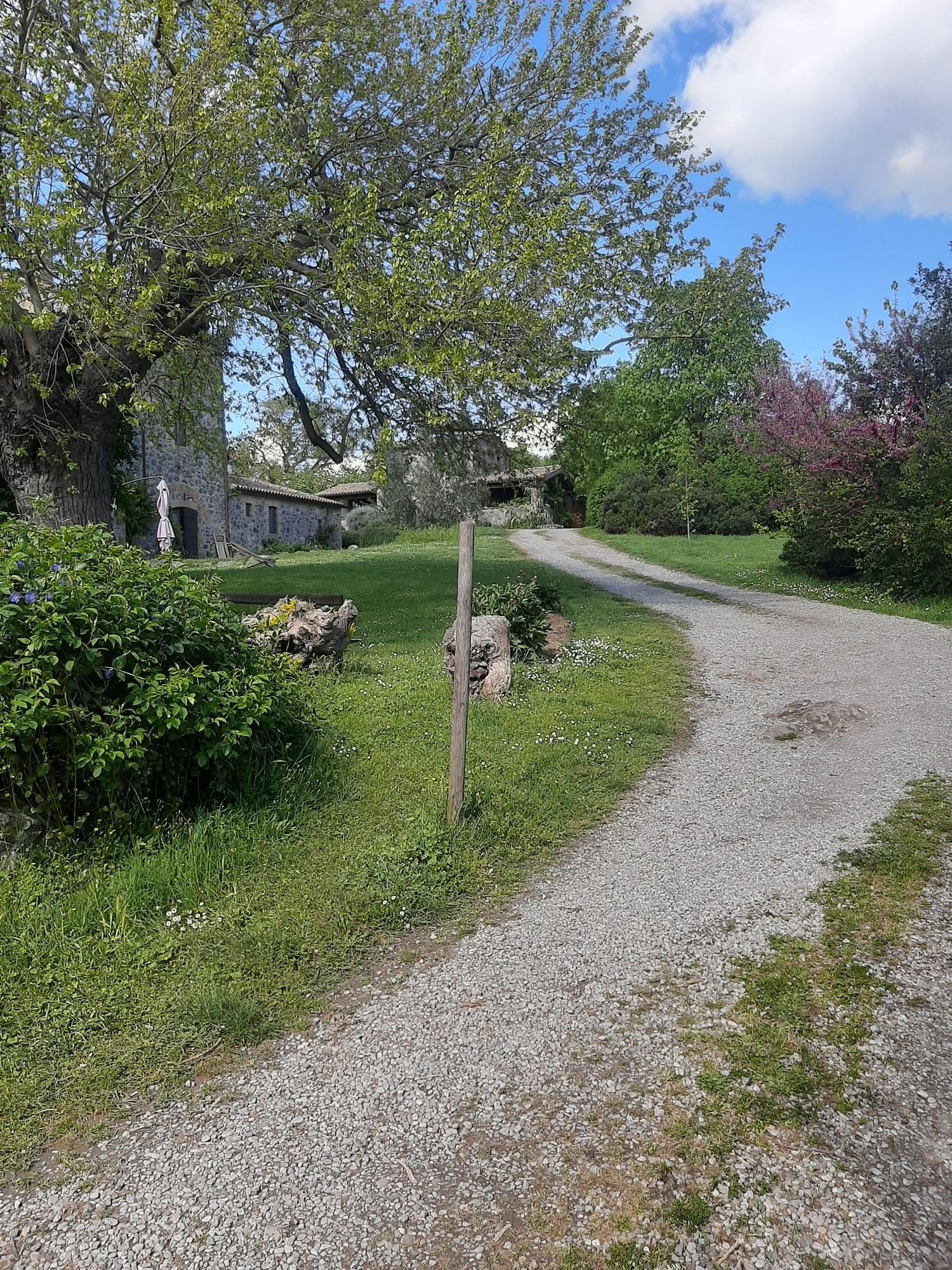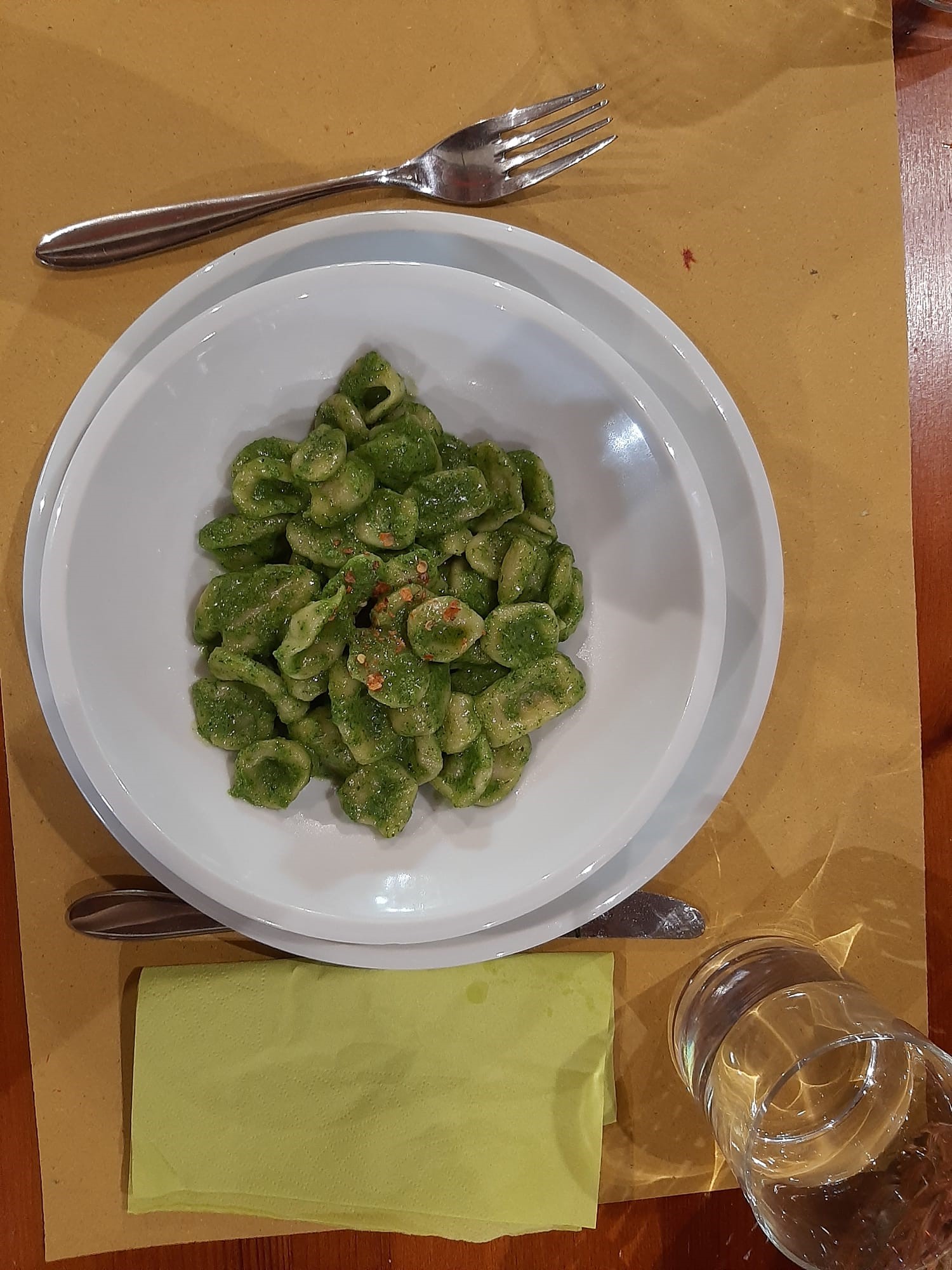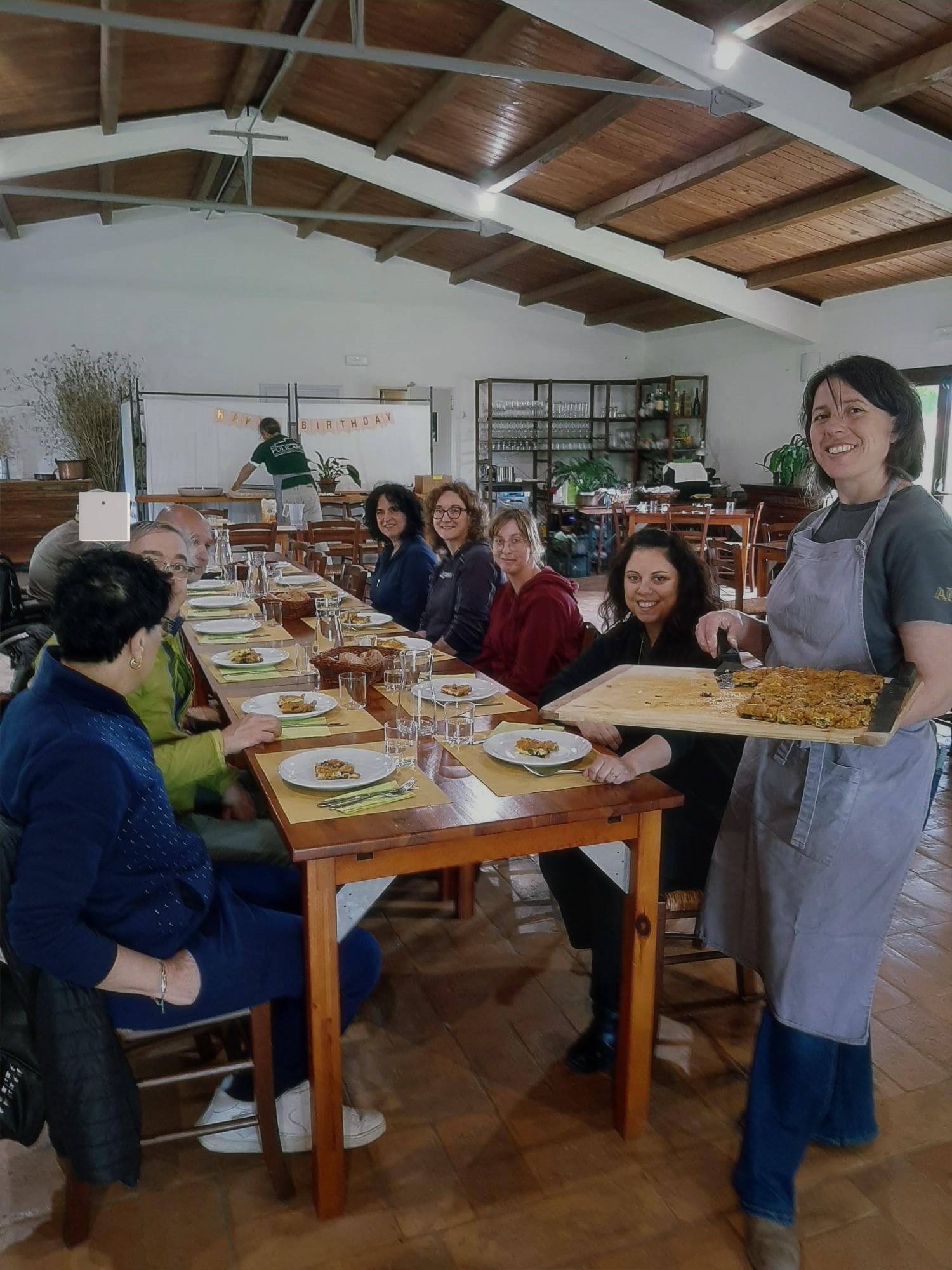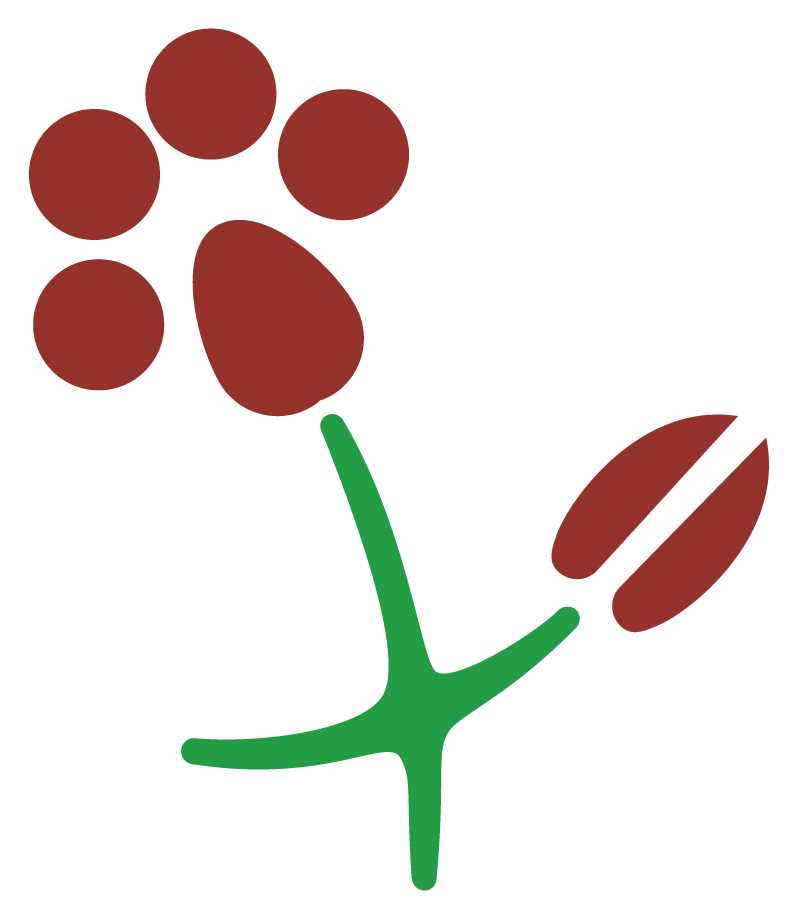Case Study
An Open-Air Canteen – The knowledge of wild edible plants and their use in traditional and modern cooking
Contact name
Sabrina Di Francesco
Institution name
Lazio Region- Monte Rufeno Nature Reserve
Region & country
Lazio Region- Italy
Summary
The “Open Air Canteen” project is part of GENS, a broad multi-purpose environmental education program carried out by the Lazio Region. GENS, from the Latin language, means people, great family, and is mainly dedicated to students but focusses also on other target groups of the so called “civil society”. An Open-Air Canteen deals with a local daycare social centre run by the Psikè Association in the territory of Acquapendente, Lazio region. It involves around ten users followed by two psychologists and its main aim is to spread knowledge and best practices on healthy nutrition

Pulicaro farmahouse
Sabrina Di Francesco

Seeking and foraging
Valeria Fratangeli

Foraging and identification
Valeria Fratangeli

Orecchiette with wild herbs pesto
Sabrina Di Francesco

Everyone at the table
Sabrina Di Francesco
Background of the project
All the users involved have some social or personal problems, they often don’t have a family or someone who takes care of them and live in a kind of “controlled” situation. Learning how to eat in a proper and healthy way should be a priority for everyone and even more so for them, in order to have a healthy lifestyle and avoid eating disorders.
The primary goal of the project is to explore and promote ways of preparing dishes using cooked or raw local edible plants, engaging people who would not otherwise have the opportunity to learn about this.
Solution and actions taken
In the first phase, the Nature Reserve’s environmental education team, with the help of a nutrition expert and a botanist, organised a seminar about food and edible native plants in the daycare centre. The second phase took place at the Pulicaro Farmhouse, an organic farm and restaurant of the area that is also a partner to the Nature Reserve within the European Charter for Sustainable Tourism (ECST). Here everyone had the opportunity to live a hands-on experience foraging herbs and using them to cook traditional dishes.
In order to increase the initial knowledge, images and samples of the most important edible wild plants of the area were shown during the seminar, to exactly identify and distinguish the main species of herbs and learn their correct uses and properties.
Moreover, after the foraging, theory became practice with the involvement of a qualified cook, an expert in traditional cooking, and the knowledge of the territory through the use of its edible wild plants.
Other institutions or parties involved
The enviromental education team involved an expert in nutrition, an expert botanist and the Pulicaro farmhouse.
Results
All those involved have gained new awareness about the importance of a more natural and healthy food, paying greater attention to what their territory can offer.
Challenges
Mainly difficulties connected to the possibility of collecting many species of edible wild herbs in a single place (seasonality), as well as finding a local restaurant in which traditional dishes with the herbs could be cooked or prepared.
Lessons learned
When given the right opportunity, everyone has valuable knowledge to share and the ability to learn. Nature and healthier nutrition for a better life can be powerful motivators, along with the excitement of discovering new flavors.
Other resources
Contact name
Sabrina Di Francesco
Institution name
Lazio Region- Monte Rufeno Nature Reserve
Website(s)
